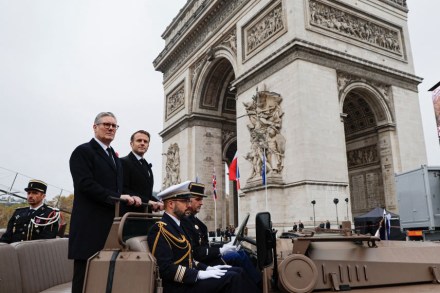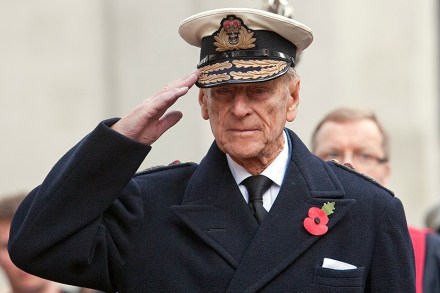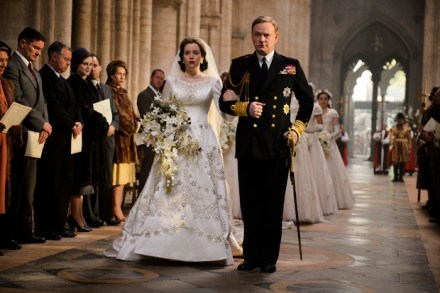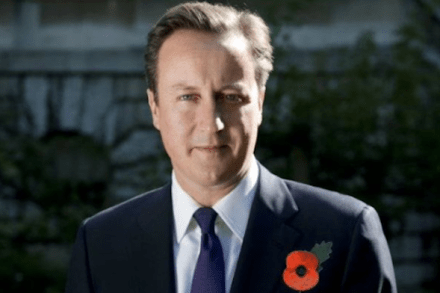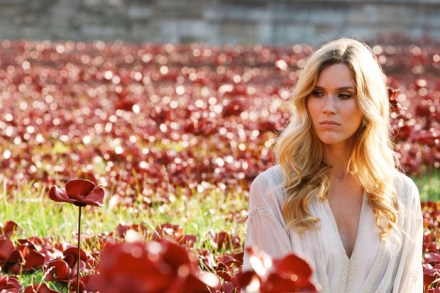Will Trump push the UK closer to the EU?
11 min listen
Keir Starmer is in France today to hold talks with Emmanuel Macron where they will discuss the impact of a Trump second term, and what it will mean for Ukraine. The Prime Minister marked Armistice Day at the Tomb of the Unknown Soldier under the Arc de Triomphe – the first time since 1944 that a British Prime Minister has been in France for the ceremony. What will come from this bilateral meeting? How does a Trump victory bring the UK and the EU closer? Elsewhere, a minor row broke out over the weekend around the UK’s Remembrance Day commemorations, with Reform UK leader Nigel Farage not being allowed to
